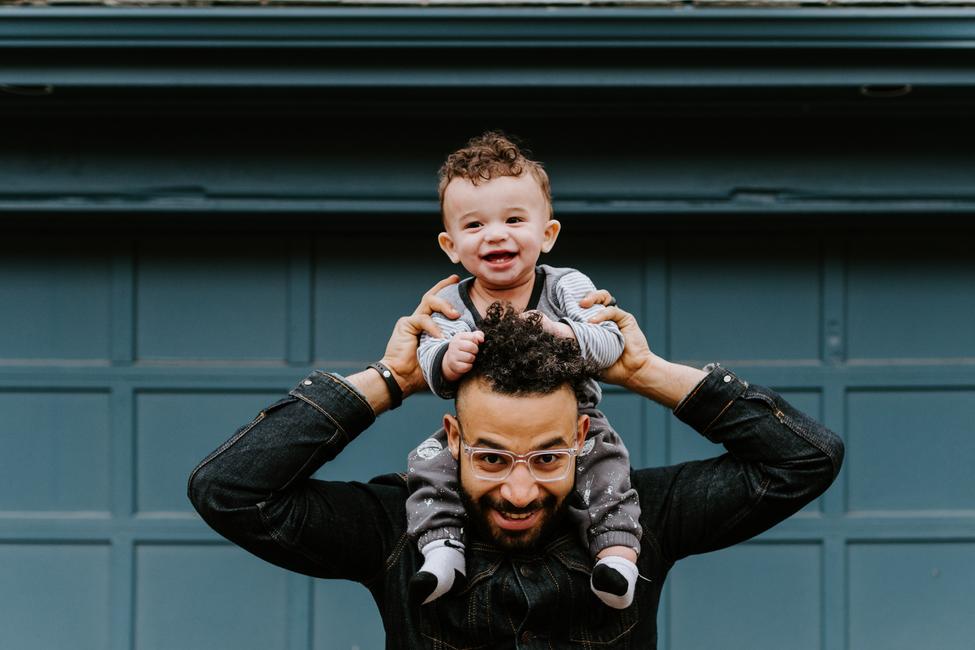
The evolutionary origins of human fatherhood
A week ago, I attended a lecture on fatherhood with other fathers at my son’s school. The lecturer has been an educator for decades and run school systems and Greenwich Country Day School. He was quite interested in and well read on issues of genetics, nurture (family & parenting), and culture (social influences) as they relate to child development. But he opened the Father’s Workshop by saying males are not biologically inclined to raise children, except perhaps in the earliest months....